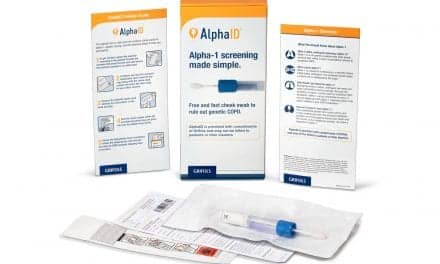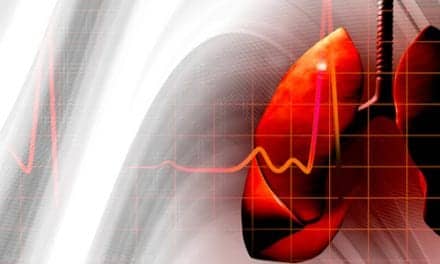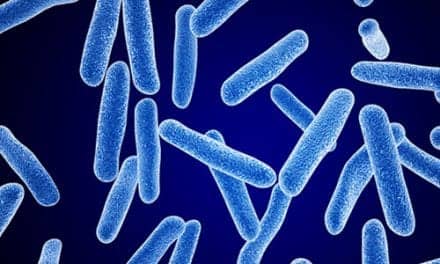Simultaneously elevated levels of C-reactive protein, fibrinogen, and leukocytes were associated with increased risk of frequent exacerbations in individuals with stable COPD, according to research in the current issue of JAMA.
Relative risk estimates held true, even in those with milder COPD and in those with no history of frequent exacerbations. According to the authors, who noted the need for additional studies to determine the clinical value of these biomarkers for risk stratification, this consistency suggests the biomarkers provide additional information to the latest GOLD 2011 grading.
The study examined 61,650 participants — 6,574 of whom COPD — with spirometry measurements. Baseline levels of CRP, fibrinogen and leukocyte count were measured in participants at a time when they were not experiencing symptoms of exacerbations.
At the median follow-up, 3,083 exacerbations were recorded; researchers discovered that the risk of having frequent exacerbations was increased approximately 4-fold in the first year of follow-up and 3-fold using maximum follow-up time in individuals with 3 high inflammatory biomarkers compared with individuals who had no elevated biomarkers.
The highest 5-year absolute risks of having frequent exacerbations in those with 3 high biomarkers (vs. no high biomarkers) were 62% (vs. 24%) for those with GOLD grades C-D (n=558), 98% (vs. 64%) in those with a history of frequent exacerbations (n=127), and 52% (vs. 15%) for those with GOLD grades 3-4.
“The study by Thomsen et al. adds to the growing interest in systemic inflammation in COPD and its negative consequences and raises several interesting biological questions,” wrote M. Jeffery Mador, MD, and Sanjay Sethi, MD, in the accompanying editorial. “What is the origin of systemic inflammation in COPD, as it persists in ex-smokers and therefore cannot be simply attributed to smoke exposure? Does systemic inflammation influence lungs’ innate defenses against microbial pathogens, or is it a reflection of impaired lung defense and consequent immune-inflammatory dysregulation in the lung?”









